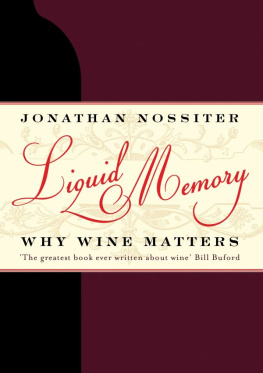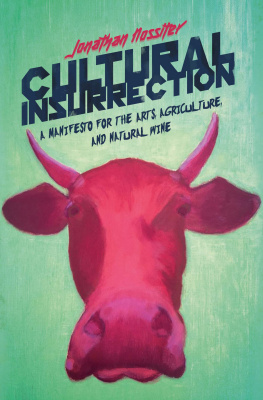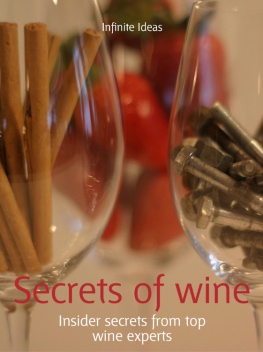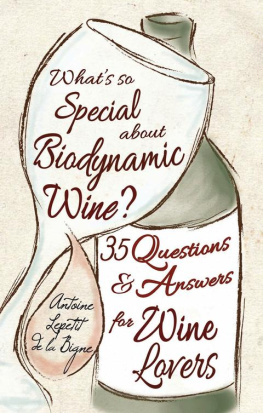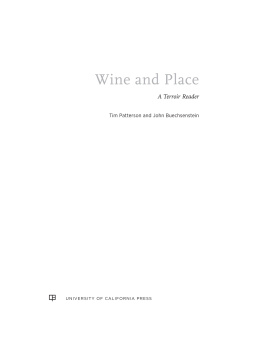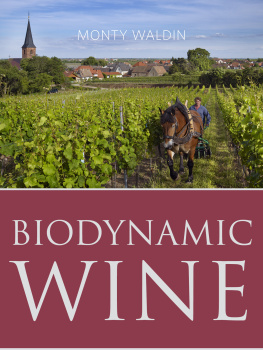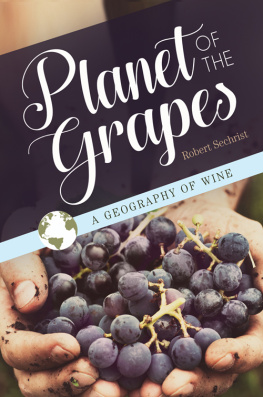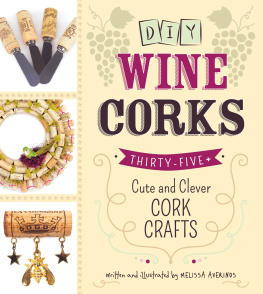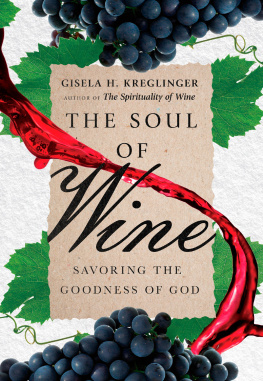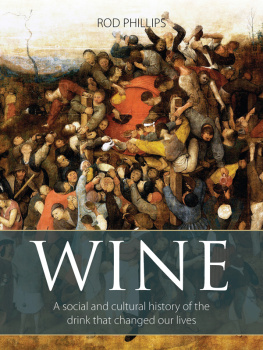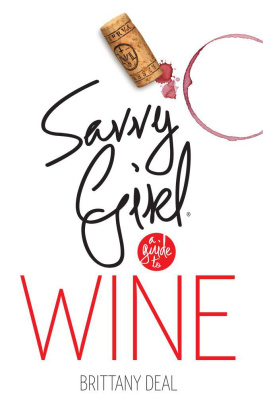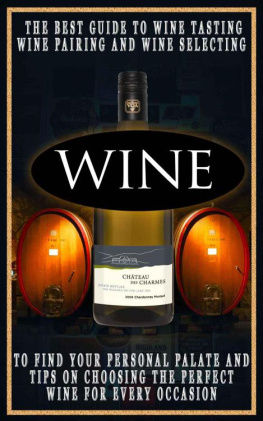LIQUID MEMORY
Jonathan Nossiter is a film director and former sommelier. His feature films have won Best Film and Best Screenplay prizes at the Sundance Film Festival, and been shortlisted for the Palme dOr at the Cannes Film Festival. He lives in Rio de Janeiro. Liquid Memory is his first book.
LIQUID MEMORY
Why Wine Matters
JONATHAN NOSSITER

Originally published, in different form, in 2007 by Bernard Grasset, Paris.
This edition first published in the United States of America in 2009 by Farrar, Straus and Giroux.
First published in Great Britain in hardback in 2010 by Atlantic Books, an imprint of Atlantic Books Ltd.
Copyright Jonathan Nossiter, 2009
The moral right of Jonathan Nossiter to be identified as the author of this work has been asserted by him in accordance with the Copyright, Designs and Patents Act of 1988.
Every effort has been made to trace or contact all copyright holders. The publishers will be pleased to make good any omissions or rectify any mistakes brought to their attention at the earliest opportunity.
All rights reserved. No part of this publication may be reproduced, stored in a retrieval system or transmitted in any form or by any means, electronic, mechanical, photocopying, recording or otherwise, without the prior permission of both the copyright owner and the above publisher of this book.
1 3 5 7 9 10 8 6 4 2
A CIP catalogue record for this book is available from the British Library.
Hardback ISBN: 978 1 84887 455 8
eBook ISBN: 978 0 85789 210 2
Printed in Great Britain
Atlantic Books
An imprint of Atlantic Books Ltd
Ormond House
2627 Boswell Street
London WC1N 3JZ
www.atlantic-books.co.uk
To my wife, Paula, and our children, Miranda, Capitu, and Noah Bernard
LIQUID MEMORY
Introduction
THE LIBERTY OF TASTE
This book is a highly personal journey through the liquid looking glass, an insider-outsider view of the worlds most mysterious, contradictory, and jubilatory drink. Its an attempt to understand wine in its relation to culture (and even movies) and why that can bring pleasure to people who never even imagined putting a glass of wine to their lips (or for those who do drink but are, rightly, loath to talk). It might be a surprise to those justifiably wary of winespeak and wine snobbery to imagine that wine could be as powerful an expression of culture as books, paintings, cinema, music, baseball, and sex. Through an intimate examination of the relationship between taste and power as expressed in wine, Ive hoped to uncover something of how wine expresses that relation in the world at large.
For those whove seen a film I made about the wine world, Mondovino, please note that this book is not a continuation of Mondovino by other means. While the film traces a kind of comic anthropology of the wine world, it barely brushes on the fact of wine itself, its taste, its use, its physical existence, and what has always fascinated me the most: its profound relation to the general culture. I grew up drinking wine by the finger drop at the age of two, courtesy of my expatriate American parents in Paris and their efforts to pacify four boisterous sons. As an adolescent in London, I spent my allowance on wine, in a quixotic attempt to improve my chances in the dating lottery. By my midtwenties, I was making wine lists for restaurants in New York and sporadically writing wine articles, which were even more sporadically published. But because filmmaking has been my primary craft for the last twenty-five years Ive always been an outsider in the clubby, sometimes mafioso, and always culty world of wine. And this may be my one advantage for the lay reader.
At a dinner in Paris not long ago I was introduced to film director and formidable Parisian gadabout Anne Fontaine. Having heard I had some association or other with the wine world, she turned to me as I went to take my seat, sipping blithely from her wineglass: Men who speak about wine at table are instantly condemned, she hissed. Death! The guy is done for. Conversation about wine is anonymous. A man isnt speaking to me when he speaks about wine. Hes trying to prove something to me, but it has nothing to do with conversation. I think to myself: hes a little macho shit trying to show off his power. Talking about wine is unbearably mediocre. While this may be no more than one snobs preemptive strike against another, I have to admit that I share her fear of the dreaded winespeak. Though it seeks to describe an innocent object of pleasure, I often have the feeling that the language of wine deployed by critics, sommeliers, restaurateurs, and the dreaded self-appointed wine connoisseur has most in common with Orwells vision of the willfully abusive inversion of language in totalitarian regimes.
Most winespeakin any languageis designed not to enlighten or enchant but to exclude, bully, and belittle. What are we to think, for instance, if a critic assures us that we should spend $115 on a Washington state Cabernet because, as Harvey Steiman wrote in the Wine Spectator of July 2008 (the highest in circulation of the worlds rash of wine magazines), its richly aromatic and brims with dark berry and currant aromas and flavors, shaded with espresso and dark chocolate overtones set against somewhat gritty tannins. A meaty note adds extra depth as the finish lingers on and on against the tannins. Best from 2010 through 2017? Does he mean to say that our considerable investment will net us a substantial, if not entirely complete meal, beginning with the fruit cocktail, followed by a mystery meat, a chocolate dessert, and a postprandial coffee? And all of this with a mathematically determined shelf life, as scientific an exercise as predicting the eventual life-span of a child of two. Another wine writer at the same magazine describes a wine from the venerable Chteauneuf-du-Pape region in France like this: A very grippy style, with lots of sweet tapenade, tobacco, hot stone and braised chestnut notes weaving through a core of dark currant and fig fruit. Theres a nice twinge of lavender on the structured finish. Best from 2010 through 2028. Two thousand twenty-eight? Surely weve plunged through a (dark berrylike) hole and find ourselves, like Lewis Carrolls Alice in Wonderland, trying to comprehend the Mock Turtles school curriculum, caught between reeling and writhing and laughing and grief.
Moreover, like the queens in Through the Looking Glass, there is, contrariwise, a diametrically opposed school of thought: the self-proclaimed populists, determined to dumb down wine at any cost. They urge us to just say what you like and thats whats good, like those signs in front of tourist mall art galleries that reassure us that art is what you like. With one insouciant phrase, they discount several thousand years of cultural and agricultural experimentation that have made wine interesting in the first place.
This book is an attempt to transmit something of the sensual and intellectual delight that wine has brought to me since childhood. It is intended for people who prefer not to be condescended to and yet who are rightly skeptical of jargon, defensive snobbery, or any use of power that obstructs the uncovering of ones own taste. I dont believe there are either rules or shortcuts to the acquisition of taste in relation to any subject of value and complexity. However, a few well-timed kicks to the rear end of the wine world (the part, alas, that leads us all by the nose) might help us appreciate why wine can in fact be a subject of universal value, whether or not we drinkor even think about it. A reappraisal of wine might also lead us to reconsider how and why we acquire a sense of personal taste (in wine, the arts, politics, anything) and how we might be able to affirm that crucial liberty without fear of intimidation by those who profess to know allor, worse, by those who proudly profess to know little or nothing.
Next page
